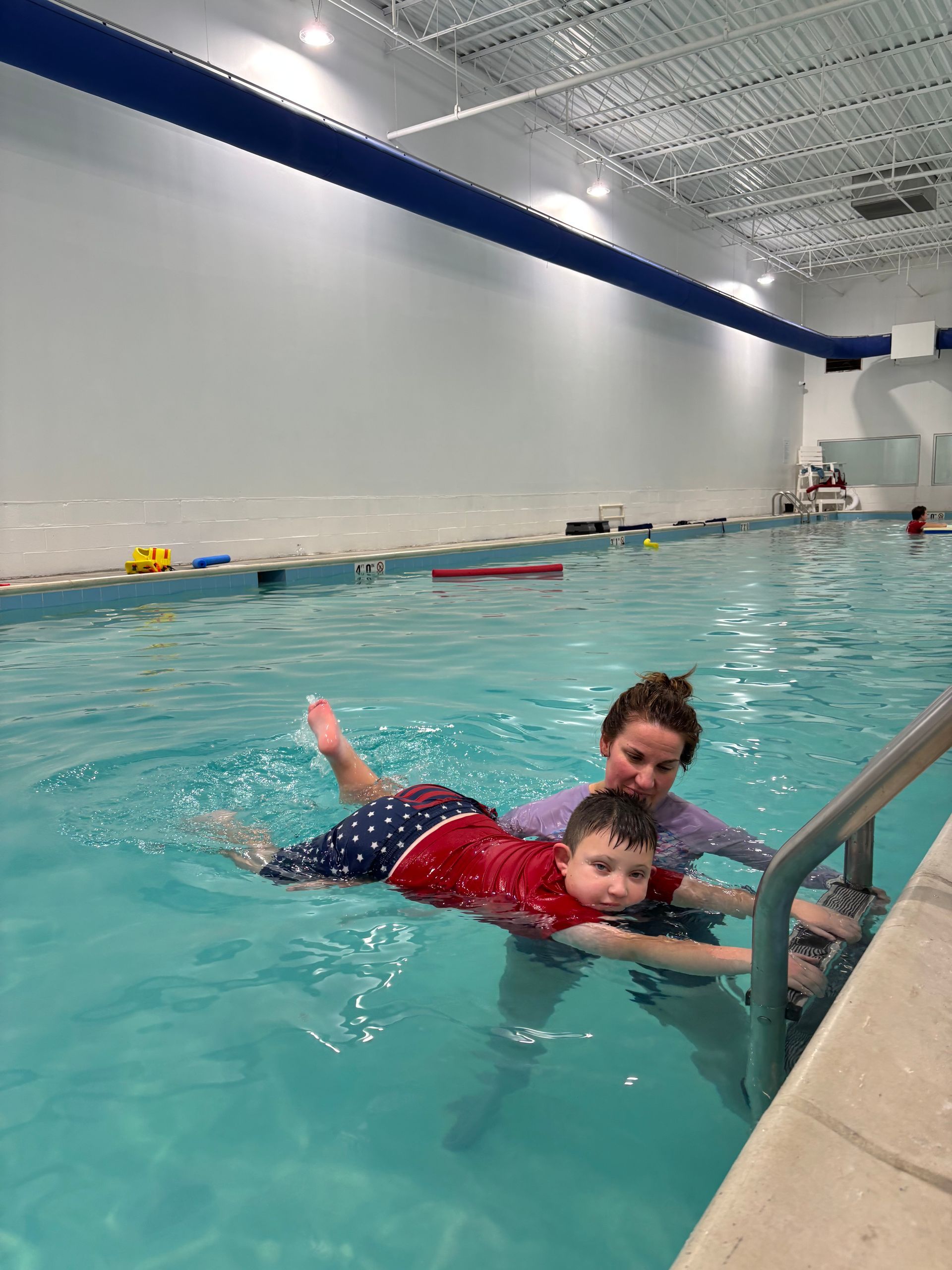What is DMI Therapy?

DMI Therapy: A New Modality for Gross Motor Milestones
We have exciting news to share! PMC is happy to announce that we now have two Intro Level A DMI Certified clinicians! Christina Snyder, owner of PMC and physical therapy assistant, and Mackenzie Swank, physical therapist at PMC Aquatics, are now certified therapists in this innovative new therapeutic technique. We are confident that this new approach to motor delays will be a gamechanger for our patients, and we are thrilled to share more about how DMI may be the right therapy technique for your child.
Dynamic Movement Therapy (DMI) is transforming how physical and occupational therapists approach pediatric patients with gross motor delays. This hands-on therapeutic technique focuses on neurorehabilitation, stimulating neural pathways by engaging in repetitive manual exercises. DMI therapy is unique in that it focuses on exposing patients to gravity and decreased support. It is especially effective in young children, as it focuses on changing the way the brain responds to different movements. DMI therapy has proven effective in infants as young as 1-2 months old, including children born prematurely.
DMI therapy focuses on improving therapeutic outcomes for the following:
- Gross motor skills
- Alignment and postural control
- Range of motion
- Balance
- Functional movements
- Somatosensory development
- Integration of primitive reflexes
- Global development
Common diagnoses that include some level of motor delay include conditions such as Down Syndrome, Cerebral Palsy, global development delay, hypotonia, chromosomal abnormalities and genetic disorders, spinal cord lesions and brain injuries.
DMI therapy sessions are designed to challenge the child’s brain with different exercises, including changes in posture, support and gravity. This is achieved by the therapist using a specific handling technique, which encourages a specific and consistent motor response from the patient. DMI therapy is often more intensive than traditional therapy, with sessions taking place multiple times a week, or more than one per day. The goal is to repeat the exercise so often that the child begins to recognize the movement automatically, demonstrating improvements in balance, coordination and function. While DMI therapy may be more intensive, it can be used in conjunction with traditional therapy techniques, methods and equipment. DMI exercises can take place on a tabletop or the floor, depending on the patient’s abilities. Because DMI therapy is very physically demanding for both the therapist and the patient, weight limits may be set for children who require assistance to stand, but will vary on an individual basis.
DMI therapy is transforming how physical and occupational therapists approach developmental delays, specifically motor delays. By incorporating hands-on activities that challenge the patient’s neural pathways through decreased support and exposure to gravity, DMI can be a highly effective therapeutic method for children with a variety of diagnoses.
Are you familiar with DMI Therapy? What is your favorite thing about this therapeutic technique?









